Some actors don’t need an introduction. Dilip Kumar was one such actor. The veteran star passed away today, at the age of 98, after a prolonged illness.
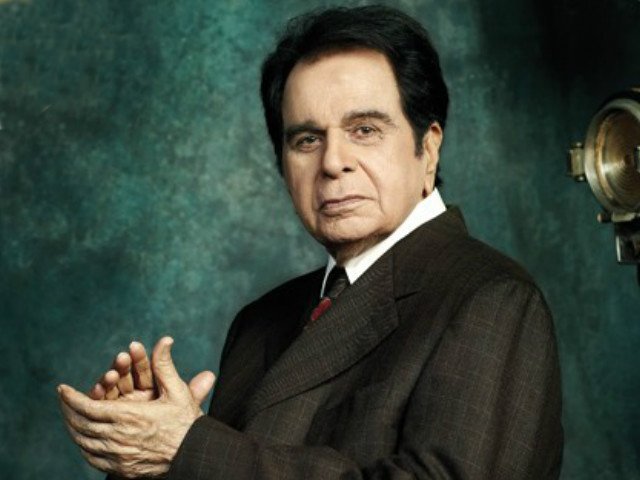
Way before the likes of Rajesh Khanna, Amitabh Bachchan and Shahrukh Khan enjoyed the wave of super-stardom, Dilip Kumar had seen and done it all. Hailed as one of Bollywood’s finest actors ever, Dilip Sa’ab was credited for bringing a sense of realism into Hindi film acting. Once described as the ‘ultimate method actor’ by none other than Satyajit Ray, Dilip Sa’ab was fondly addressed as the First Khan and Tragedy King by his fans.
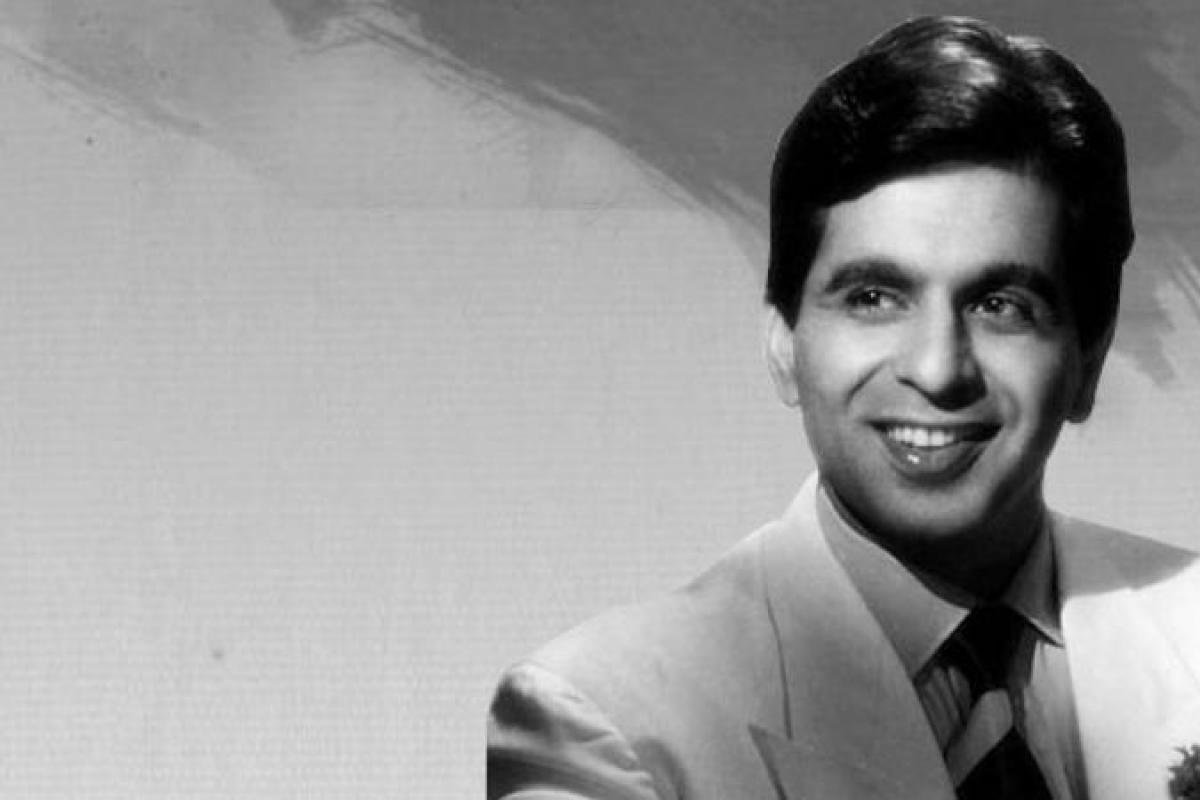
Starting out in the 1940s, Dilip Kumar went on to act in many blockbuster movies in his career spanning over six decades. What’s most amazing about his career is that he was equally loved by the audiences as well as the critics. Not one to stick to a particular genre of cinema, Dilip Sa’ab excelled in every kind of performance.
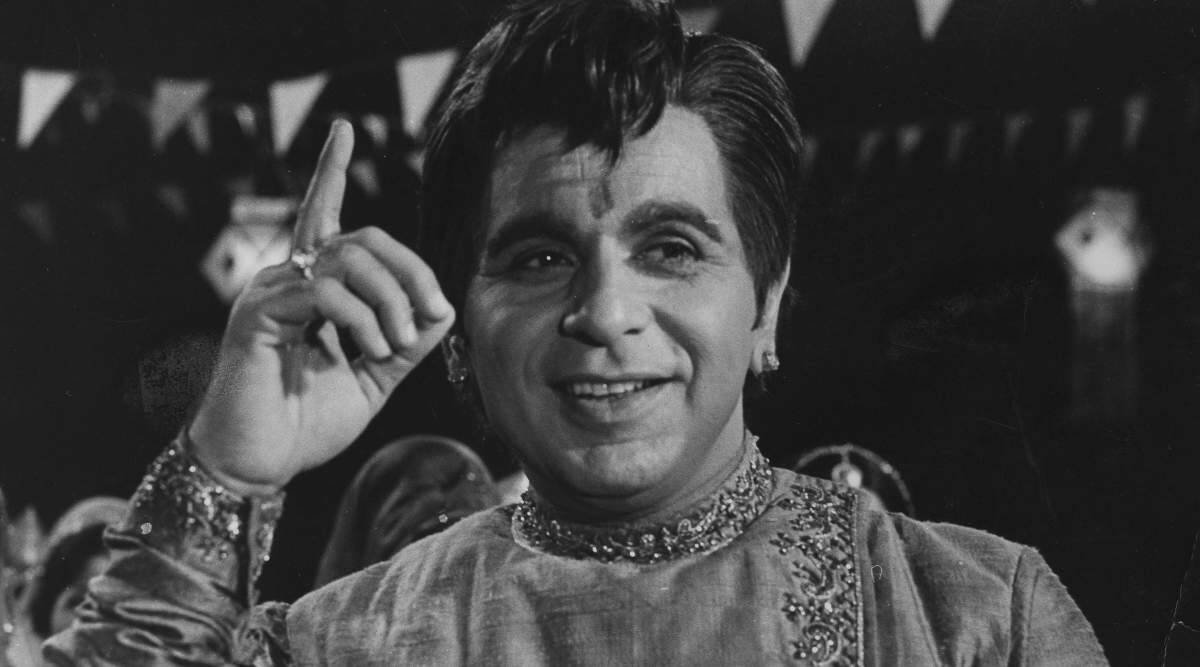
From true-blue romantic films to socially-relevant cinema, historical films to period sagas, contemporary roles to earthy parts, he did them all and aced every single time. He wowed as the lover boy in Andaz (1949) and was spectacular as the alcoholic lover Devdas (1955).
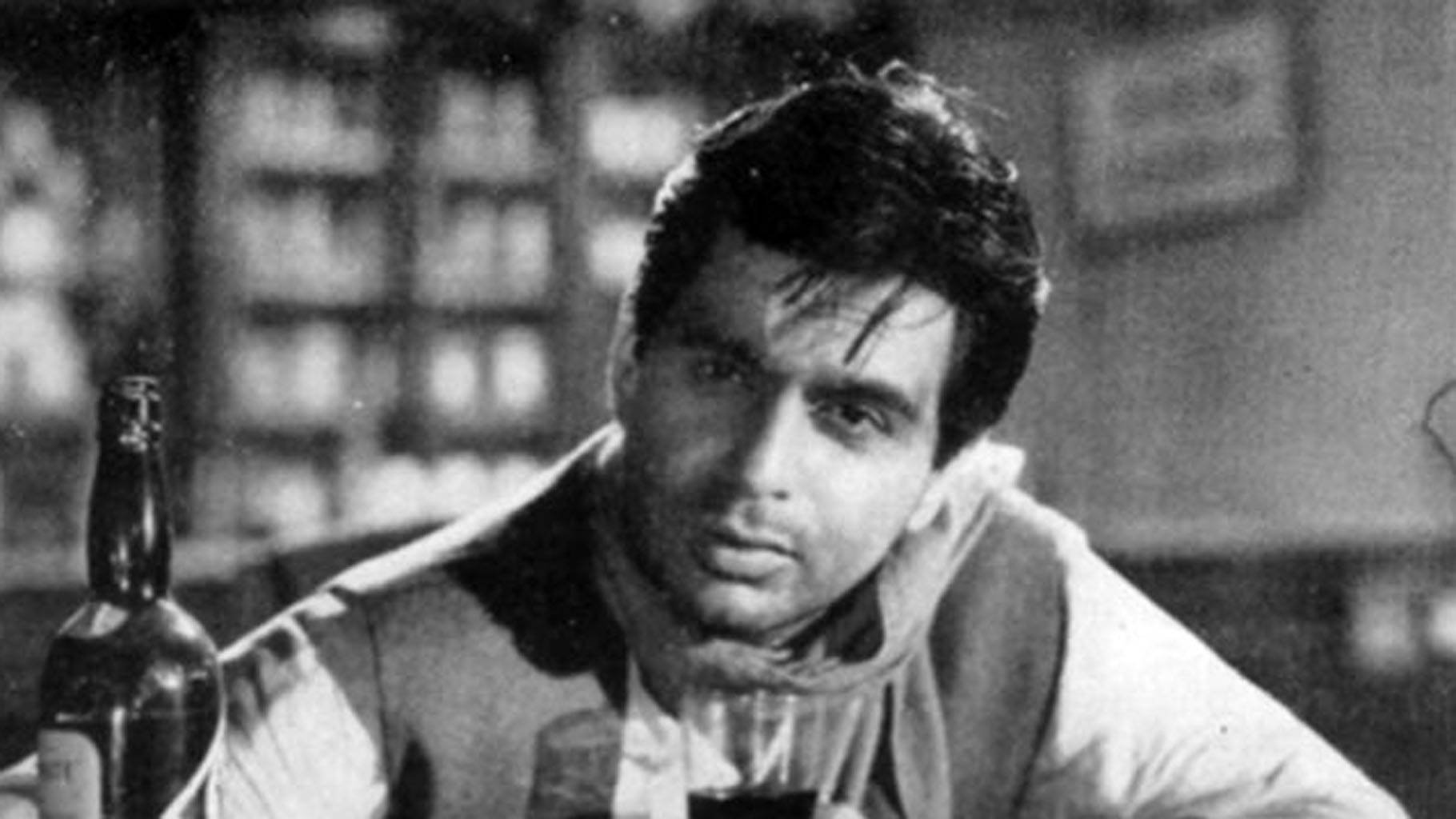
He won laurels as the rebellious Shankar in Naya Daur (1957) and shone like royalty as Prince Salim in the epic Mughal-e-Azam (1960).
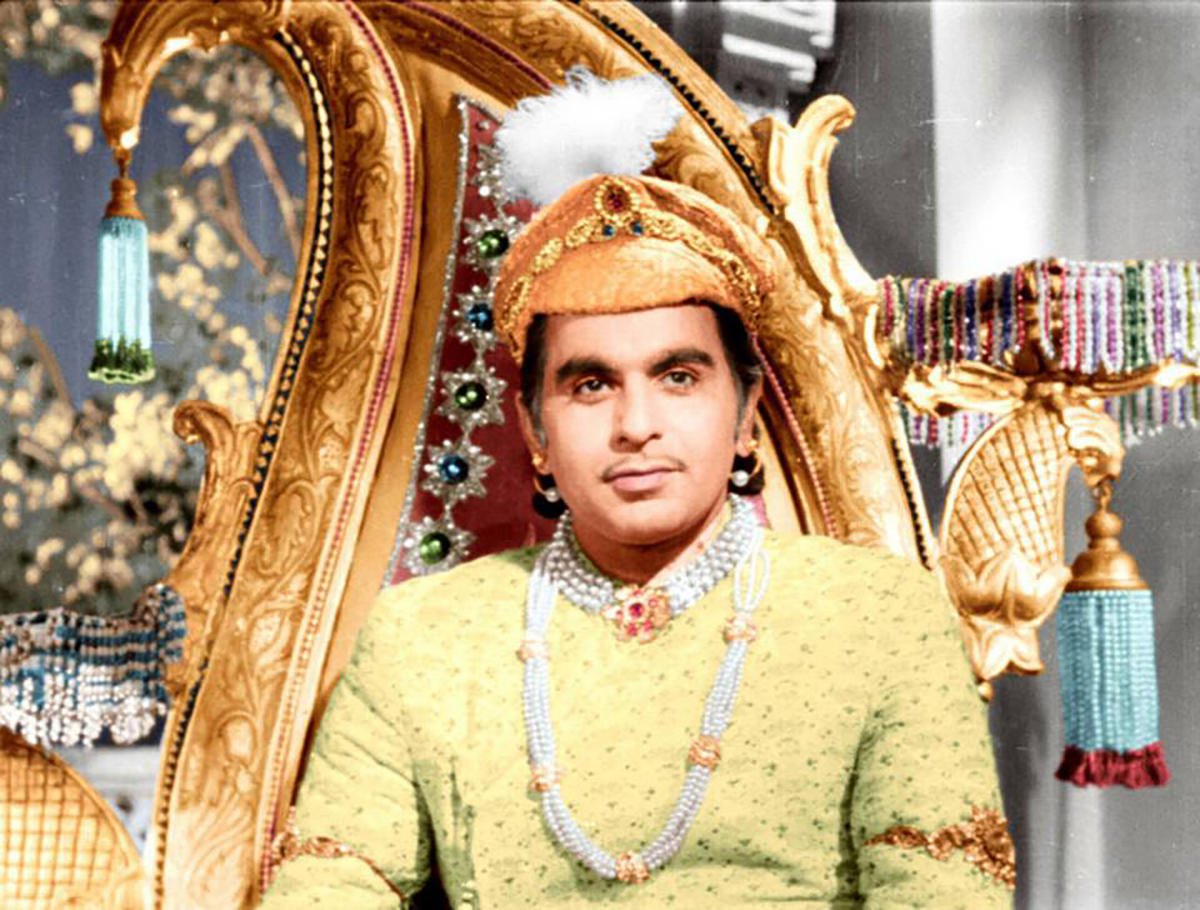
And just like his other roles, he easily convinced us with his double role act in Ram Aur Shyam (1967) as well.
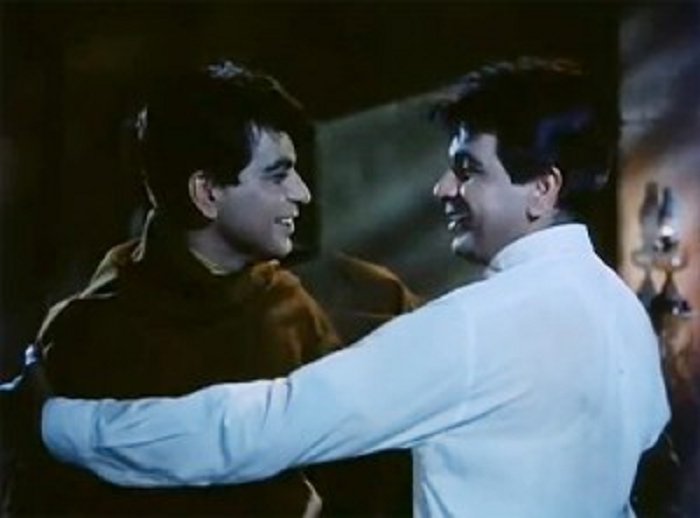
And when it was time for him to take on character actor roles, he managed to outshine even the most popular stars of that time.
As a freedom fighter in Manoj Kumar’s Kranti (1981), he was both dramatic and believable. And in the intense Shakti (1982), where he played father to Amitabh Bachchan, he was excellent as the righteous father dealing with his corrupt son.
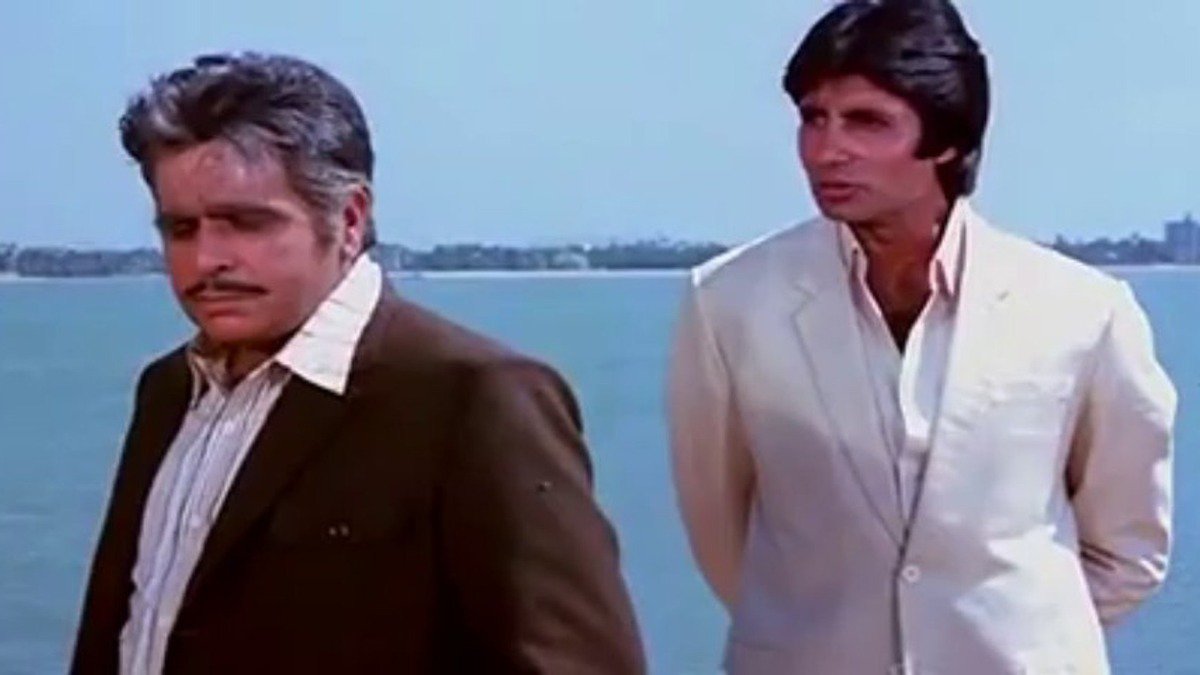
There was also the underrated Mashaal (1984), a Yash Chopra film unlike any other where Dilip Sa’ab excelled as a moralistic man coming to terms with the ups and downs in his life.
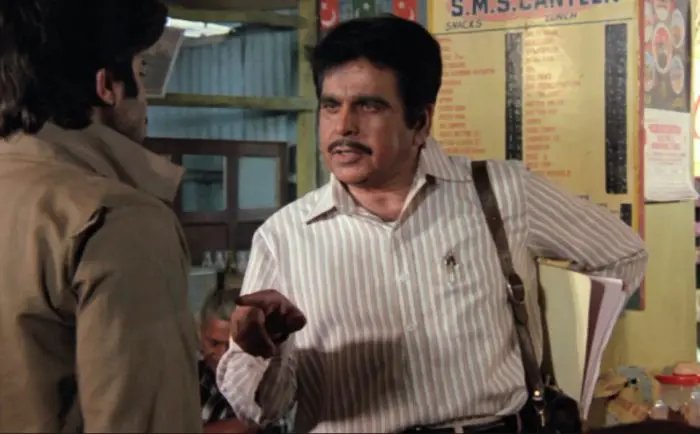
For an actor who started working in the 40s, the impact of Dilip Kumar’s craft remained everlasting. Not only are his films and performances evergreen, every one, from Amitabh Bachchan and Rajesh Khanna to SRK and Nawazuddin Siddiqui, has admitted to having imbibed a great deal from his body of work.
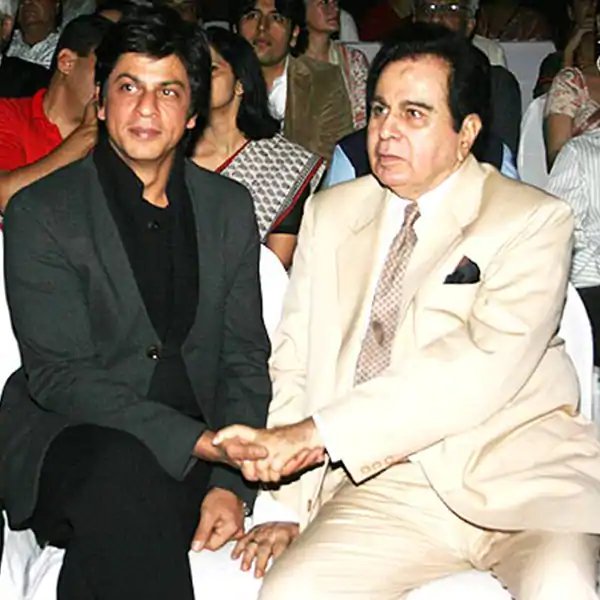
A true thespian of Indian cinema, Dilip Kumar was awarded the Padma Bhushan in 1991, Dadasaheb Phalke Award in 1994, and Padma Vibhushan in 2015. And his contribution to the world of cinema can never be forgotten.

















